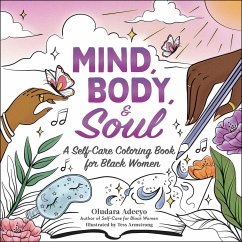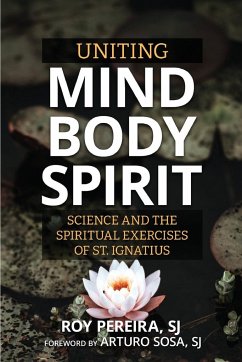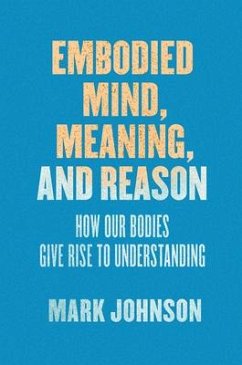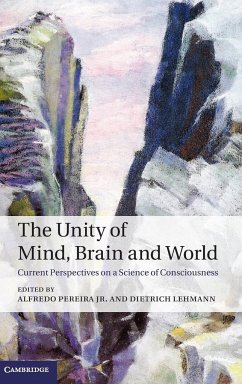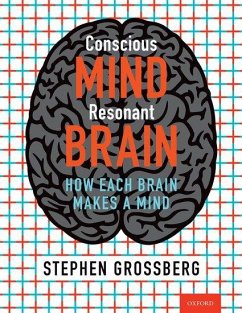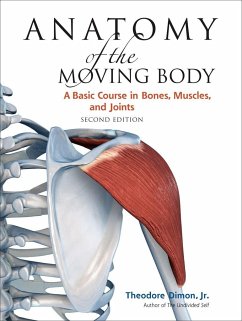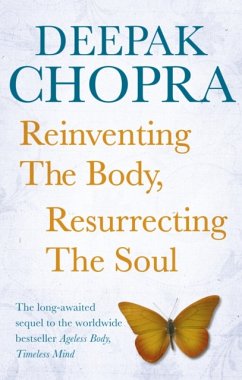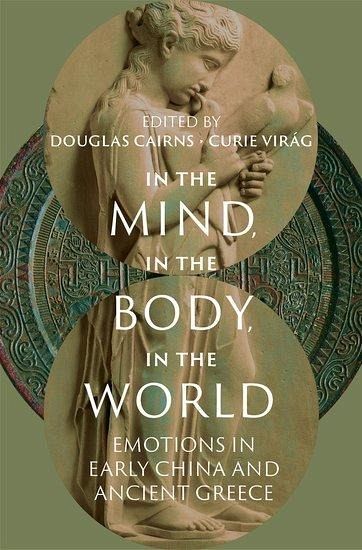
In the Mind, in the Body, in the World
Emotions in Early China and Ancient Greece
Herausgeber: Cairns, Douglas; Virág, Curie
Versandkostenfrei!
Versandfertig in über 4 Wochen
117,99 €
inkl. MwSt.
Weitere Ausgaben:

PAYBACK Punkte
59 °P sammeln!
This volume marks a collaborative effort among scholars of ancient Greece and early China to investigate discourses of emotions in ancient philosophy, medicine, and literature from the fifth century BCE to the second century CE. It brings scholars working in the two ancient traditions together to explore ways in which cross-cultural and cross-disciplinary investigation might be deployed to advance our understanding of the emotions in these ancient societies, and ultimately, to confront and challenge certain long-standing modern approaches to emotions.





